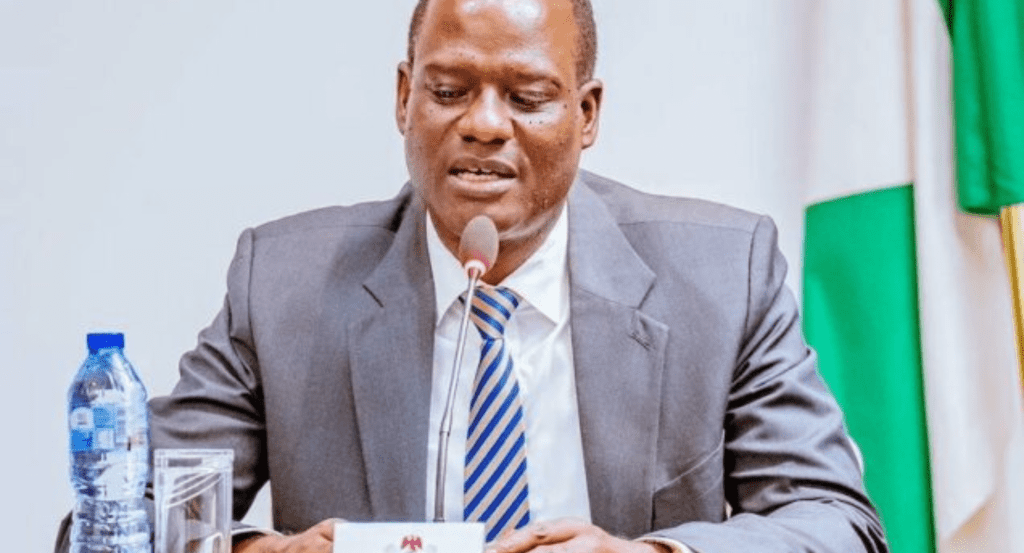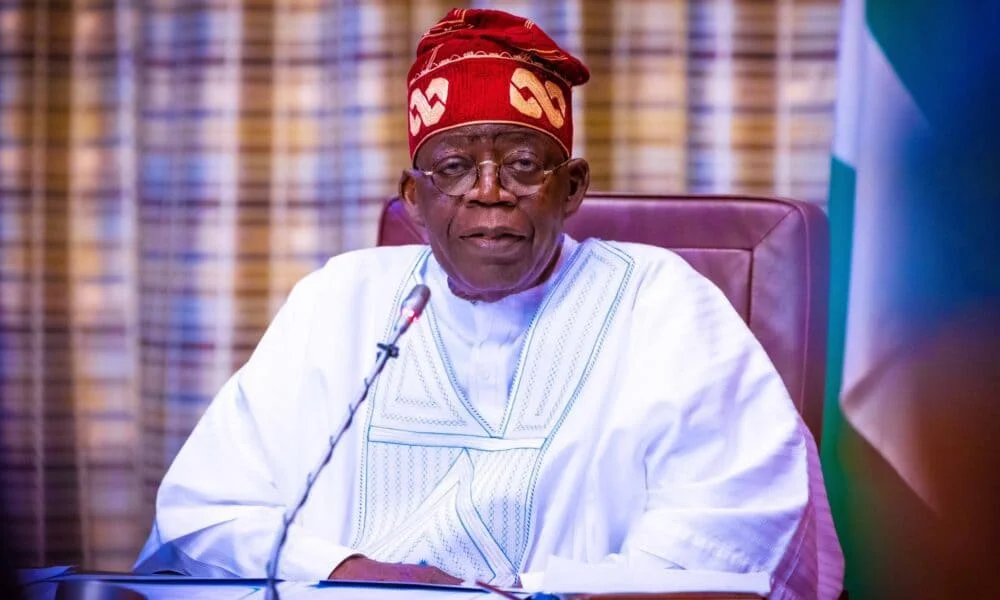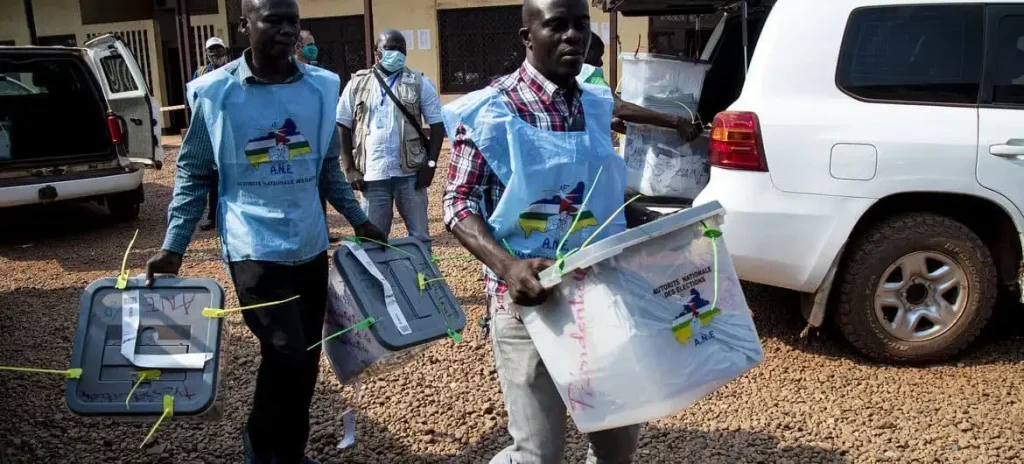The Federal Government has justified its decision to rebase Nigeria’s Gross Domestic Product (GDP), emphasizing its importance for accurate economic measurement and policy formulation. In a related development, the Central Bank of Nigeria (CBN) deferred its January Monetary Policy Committee (MPC) meeting, rescheduling it to February.
Zainab Ahmed, the Minister of Finance, Budget, and National Planning, explained that the GDP rebasing, last conducted in 2013, is overdue. She noted that the exercise would provide a more accurate representation of the nation’s economic activities, factoring in emerging sectors such as technology and creative industries that have significantly grown in recent years.
The government highlighted several potential benefits of the rebasing, including improved investor confidence, better economic planning, and enhanced global competitiveness. Taiwo Oyedele, a fiscal policy expert, stated that the process would allow Nigeria to attract more foreign direct investments (FDIs) by showcasing a broader and more dynamic economy. “This move can help Nigeria secure more accurate data, which is vital for economic strategy and forecasting,” he said.
Meanwhile, the CBN’s decision to delay the MPC meeting has been linked to the ongoing adjustments in economic indicators, including inflation rates and the rebasing process. Analysts believe the postponement allows the apex bank to align its monetary policy decisions with updated data for a more targeted approach to tackling inflation and stabilizing the economy.
Nigeria’s Consumer Price Index (CPI), which measures inflation, is also expected to be rebased as part of the broader reforms. Economic experts have lauded the initiative as a long-overdue step toward aligning the country’s economic indicators with current realities. However, concerns have been raised about the potential political implications of the exercise, especially in an election year.
Some critics argue that the rebasing may paint an overly optimistic picture of the economy, possibly masking underlying structural issues such as unemployment and poverty. Others worry about its timing, suggesting that the government should focus on addressing pressing challenges like inflation and public debt.
Despite these concerns, the government remains steadfast in its commitment to the exercise. A government spokesperson emphasized that rebasing is a standard international practice necessary for aligning economic data with global standards and for effective policy development.
As the rebasing process unfolds, stakeholders anticipate a clearer picture of Nigeria’s economic structure and performance, which could serve as a catalyst for more targeted reforms and investments.























